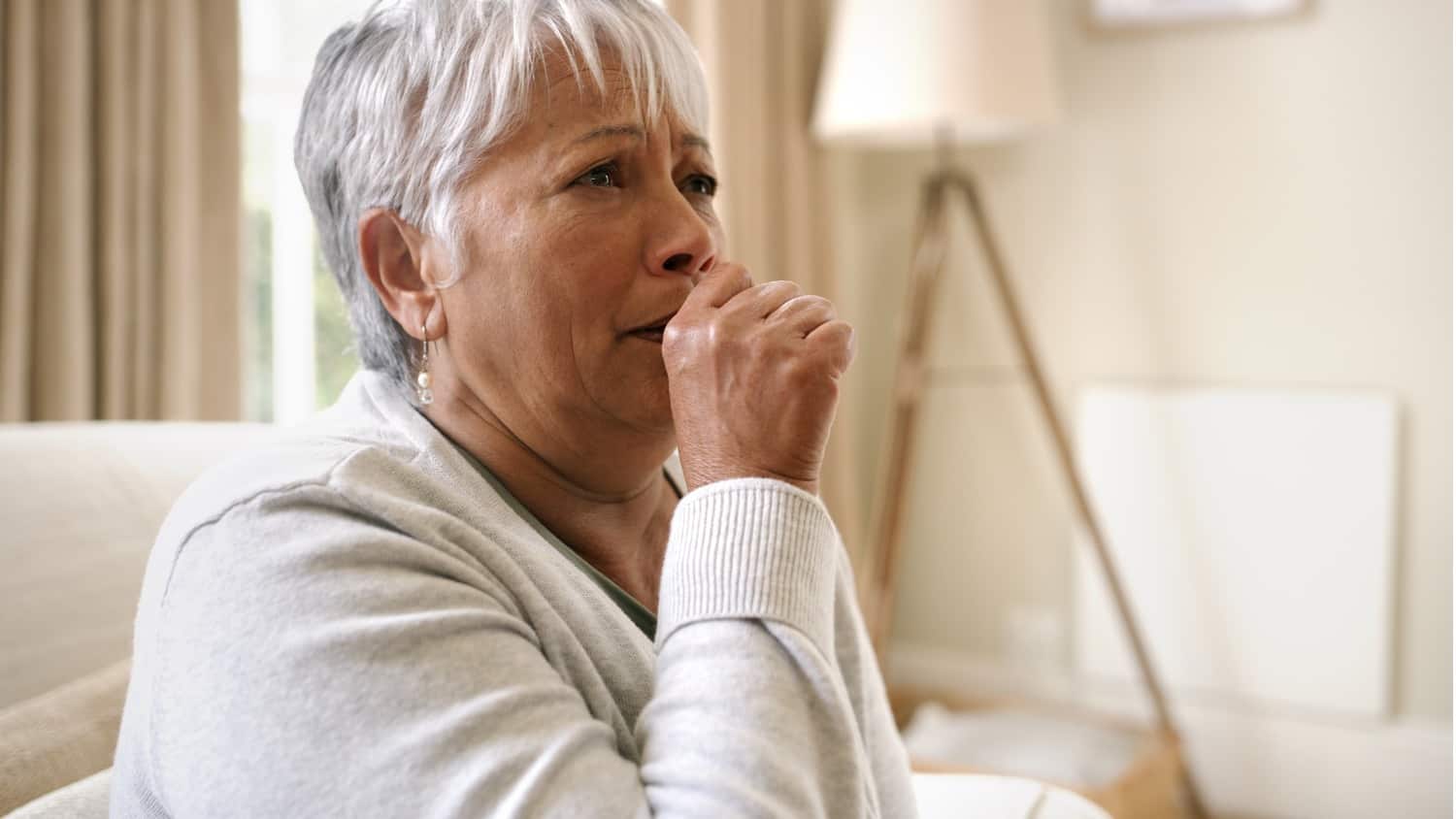
10 Steps You Can Take to Recover from a Life-Shattering Event
No one is ever truly prepared for a life-changing event. Whether it’s a family trauma, job loss, moving, retirement, or dealing with substance abuse recovery, it can be incredibly disorienting and overwhelming. Most people feel entirely lost after experiencing a major life shift, and it can take time to recover.
We all react differently to these situations, and no two people will respond in the same way. That being said, there are certain steps you can take to help you recover and adapt to these major life changes. Here, we’ll take a look at the 10 most important steps you can take to recover from a life-shattering event and begin moving in a more positive and productive direction in your life.
1. Take Time to Process and Grieve
One of the most important steps you can take after experiencing a life-shattering event is to give yourself time to grieve. This may take the form of talking to a friend, journaling or seeking out a coaching professional if necessary. Whatever feels right for you, allow yourself to take the time you need to process your feelings and begin moving forward.
2. Reach Out to Your Network
Your network is one of the most important resources you have when it comes to dealing with a major event. Leaning on your team for emotional support isn’t a weakness; don’t be afraid to reach out for help to encouraging people. It may feel uncomfortable at first, but the more you lean on your support network during this difficult time, the easier it will be to recover and adapt to your new reality.
If you don’t have a network, join a life-shattering event support group to find encouragement support.
3. Develop a New Routine
A life-shattering event can throw your life into chaos, which makes it even more important to establish a new routine. This doesn’t have to be anything drastic, but taking the time to plan out your day and set simple goals for yourself can help you get back on track.
Whether it’s carving out some “me time” each day or taking a bubble bath, taking the time to develop a new routine can help you feel more grounded and in control of your life.
4. Take Time for Self-Care
When you’re dealing with a major life event, your first instinct may be to neglect your own needs. But taking the time to practice self-care is an incredibly important step in the recovery process.
Whether it’s carving out some time for meditation each day, using affirmations, or practicing self-care in a more tangible way, taking the time to look after yourself will not only make you feel better in the short-term, but it can also help you face your challenges with more confidence and resilience. Self-care is not selfish.
5. Prioritize Self-Discovery
Another important step in the recovery process is to make time for self-discovery. This may mean taking a break from your busy schedule to reflect on what you truly want in life. It may also mean developing a passion that helps you connect with your true self. Whatever it may be, use this time to reflect on your life and begin discovering what truly makes you happy.
6. Practice Self-Compassion
When you’re feeling down or struggling to move forward after a life event, practicing self-compassion can be a powerful tool for finding your way again. Instead of berating yourself for all the mistakes you’ve made, try giving yourself a little more understanding and compassion. It can be incredibly healing to treat yourself the same way that you would a friend in need.
7. Practice Forgiveness
Forgiveness is powerful tool that can help you move forward and begin living the life you truly desire. Whether it’s forgiveness towards yourself, your ex, or someone who has let you down, try practicing forgiveness as a way to let go. Forgiveness can do so much more for yourself, than it does for the person you are forgiving.
8. Journaling
People who journal often report that they find the solutions to problems. It’s incredible how allowing ourselves to be honest and open to our struggles ends up making the answer we’ve been seeking. Develop a habit of listing in your journal 5 things you’re grateful for and 5 things that are awesome about yourself, and do it every day.
9. Focus on Gratitude
When you’re dealing with a terrible event, it can be difficult to look on the bright side and focus on what you still have. That’s why it’s so important to practice gratitude. Whether it’s small acts of kindness from friends, or even something as simple as a cup of coffee, making a conscious effort to focus on gratitude can help you feel more positive and motivated.
10. Make a Plan, and Take One Step at a Time
The most important thing you can do when recovering from a life-shattering event is to make a plan and take one step at a time. Whether it’s restructuring your budget, building new connections, or simply setting new goals for yourself, make a plan that you can follow and commit to taking action towards your goals. And remember to celebrate your successes as you work towards a more fulfilling life.
The Bottom Line
Dealing with a life-shattering event can be difficult and challenging, but with the right tools and support, you can move from just surviving in live to thriving at life. Whether it’s practicing self-compassion, prioritizing self-care, or making time for gratitude, make sure to use these tools and strategies as you begin the journey towards a healthier, happier you.
Let’s Have a Conversation:
What was the most recent life-shattering event that you experienced? How did it change your life? What have you done to find your ground and continue with your life in a new way?







Thanks for these good reminders about how to move forward. I’m dealing with personal overwhelm,fear and frustration because I have a sick husband who has a long list of physical ailments and I’m now the primary care-giver. I resent that he doesn’t take care of himself with a positive lifestyle. Our marriage has been quite rocky for 2 years, so I’m finding it difficult to be a compassionate care-giver to him. I’ve considered divorce but at my age (73) and no other family, there’s a lot to loose. Plus, I vowed to take care of him before I married him 11 years ago. I reach out to friends but do they really want to hear of my woe? I use to be happy, positive, spiritual and enthusiastic about life but that’s not how I am these days. I have always been resilient so I think this will all get better as I build my support network. Thanks for reading this — I gladly accept all advice.
I’m so sorry, Rebecca. Your situation must be so hard to cope with. I was a caregiver for my father until he passed away in 2007 and the primary caregiver for my mother who passed away in 2009. I felt like I was drowning in pain. So during my mother’s illness, I decided when my life was my own again, I would take a roadtrip to the east coast and go all the way up to Maine. When my mind felt like I couldn’t stand to deal with what was happening, I would get my computer out and plan my trip. It helped me to become engrossed in something other than sadness. Can you find an “escape” like that? Something that’s all your own and not dependent on anyone else? Maybe a new hobby? I know it sounds a bit simplistic, but it helps to have something else of your own to focus on, some way to take care of yourself emotionally. I wish you well! PS I took that roadtrip 10 months after my Mom passed away.
Hello. Rebecca, Diane has some great recommendations! My situation is different, just celebrated my first year of retirement and NOTHING has gone according to my plan. It’s so disheartening! The article mentions relying on your network…well strangely since retiring I no longer have one! My work was everything to me, and I am now starting over is many ways. Admittedly, I haven’t gotten very far, but I’m remaining positive and thankful for my many blessings. I think one of the most important things I’ve learned recently, is self-forgiveness. I’m not berating myself any longer…I made some impulsive decisions, but I am determined to make the best of it.
I really like Diane’s strategy of planning, then taking, a road trip. That not only gives you something to look forward to, but also allows you to step into the future with enthusiasm when planning moments come along.
Whatever you choose from the helpful tips in the article, realize you aren’t alone. There are many of us in your situation, albeit in different phases, and we can each stop to encourage the other when opportunities present themselves! Take care, dear ladies, the future is ours to shape in any way we see fit! 😉
Great suggestions Diane. Anything to shift the focus
Thank you Diane. You’ve helped me. I love your idea about planning joy for myself. Thank you so very much.
Sounds like my life but I’m. 62 and he was emotionally abusive. He’s going to a facility in 5 weeks and I’ll celebrate! Is that an option for you?
Stephanie take care of yourself. You have been through a lot and need strength for afterwards to enjoy life. Self-care is a must.
I took care of my dying mother for 18 months with the help of hospice. It was hard. We hadn’t had a good relationship either. After about two months I realized that I HAD to take care of myself or I would go absolutely crazy! I did Hot Yoga almost every day and had a caretaker come in. I made sure I got the sleep I needed, which meant that I did not get up in the middle of the night to turn my mother to prevent bed sores. She died of a bed sore (and other things) and I cried for years. I am still glad I tried my best, and I know that she was grateful (she couldn’t walk, talk or feed herself). The things that have helped me through is counseling, self care, service to others, and prayer. This article was good. The only thing that was left out was God. We need Him and He helps us even if we don’t acknowledge Him sometimes..
Thank you Carol.
thank you Stephanie. I appreciate your thoughtfulness.
Absolutely! There are many groups to turn to. I have one called Women’s Divorce and Recovery on Facebook https://www.Facebook.com/groups/divorcerecovery.